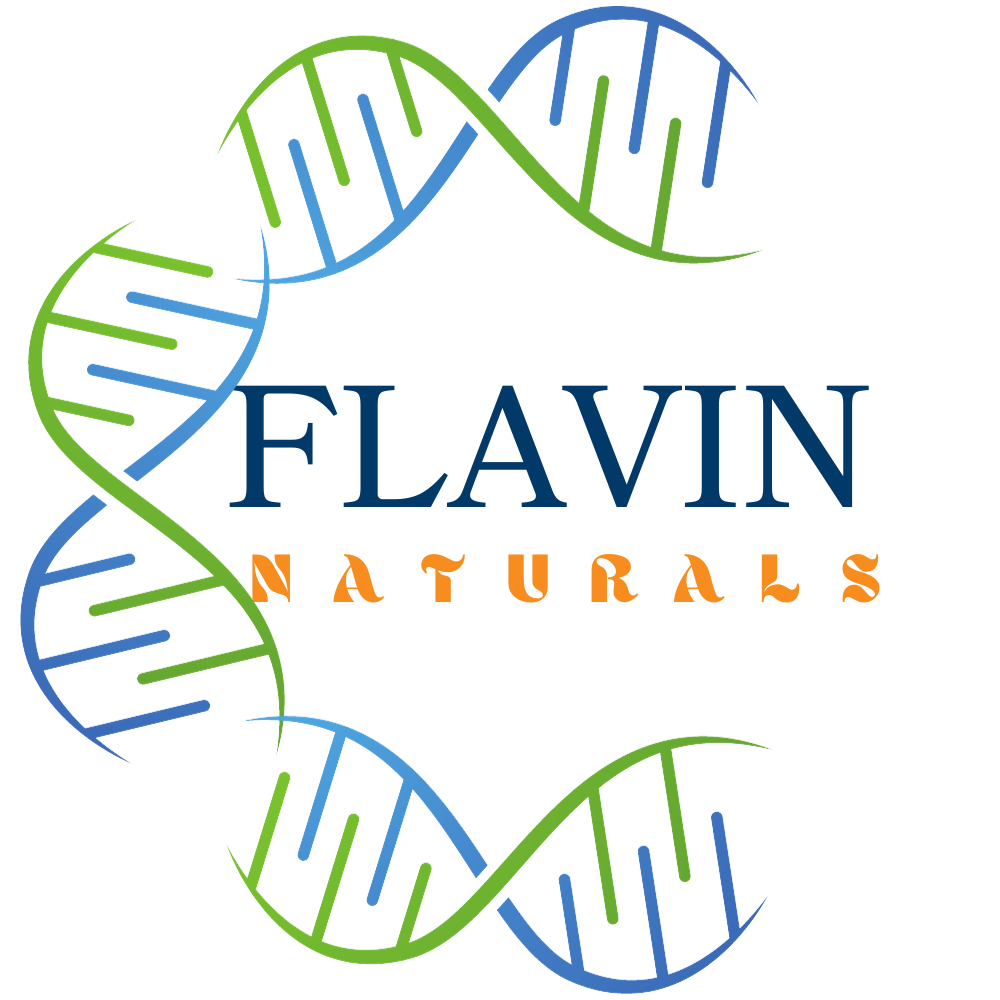Product description
Vitamin E: Overview, Importance, and Benefits
Vitamin E is a fat-soluble antioxidant that plays a key role in protecting cells from oxidative damage, supporting immune function, and contributing to skin and eye health. It is a group of compounds that include tocopherols and tocotrienols, with alpha-tocopherol being the most active and commonly known form of vitamin E in the human body.
Importance of Vitamin E:
Antioxidant Protection:
- Cellular Defense: Vitamin E acts as a powerful antioxidant, protecting cells from free radicals, which are unstable molecules that can cause oxidative stress. Oxidative stress damages cells, proteins, and DNA, and has been linked to aging, chronic diseases, and certain cancers.
- Prevention of Premature Aging: By neutralizing free radicals, vitamin E helps prevent the damage that contributes to the signs of aging, such as wrinkles and fine lines.
Immune System Support:
- Vitamin E strengthens the immune system by enhancing the function of immune cells, such as T-cells. This helps the body fight infections and inflammation. Adequate vitamin E levels are essential for the proper functioning of both innate and adaptive immunity, especially as we age.
Skin Health:
- Protection Against UV Damage: Vitamin E has been shown to reduce the harmful effects of ultraviolet (UV) radiation, protecting the skin from sunburn and premature aging. It also supports wound healing and may reduce scarring.
- Moisturization and Repair: As an anti-inflammatory, vitamin E is commonly used in skincare products to help reduce redness, irritation, and dry skin.
Eye Health:
- Vitamin E plays a role in maintaining the health of the eyes by protecting the retina and lens from oxidative damage. It may help reduce the risk of cataracts and age-related macular degeneration (AMD), which are leading causes of vision loss in older adults.
Cardiovascular Health:
- Vitamin E helps in maintaining heart health by preventing the oxidation of LDL (low-density lipoprotein) cholesterol. Oxidized LDL is harmful as it contributes to plaque formation in the arteries, leading to atherosclerosis, a major risk factor for heart disease and stroke.
- Blood Circulation: It may also improve blood circulation and reduce the risk of blood clots by preventing the aggregation of platelets.
Hormonal Balance:
- Vitamin E supports hormone regulation and helps balance estrogen levels in women. It may also alleviate symptoms of menopause, such as hot flashes, by modulating hormonal fluctuations.
Cognitive Function:
- There is some evidence that vitamin E may help protect against cognitive decline and neurological diseases such as Alzheimer’s disease. Its antioxidant properties protect brain cells from oxidative stress, which is thought to contribute to cognitive decline.
Benefits of Vitamin E:
Skin Protection and Healing:
- Vitamin E is widely used in skincare to help reduce the appearance of scars, treat burns, soothe sunburns, and moisturize the skin. It also contributes to smoother and softer skin.
Reduced Inflammation:
- Its anti-inflammatory properties can help reduce inflammation throughout the body, particularly in conditions such as arthritis, asthma, or inflammatory skin conditions like eczema.
Enhanced Immune Function:
- Adequate vitamin E levels help in enhancing immune responses, making the body more capable of fighting off infections. This is particularly important for older adults, who may experience a decline in immune function with age.
Protection Against Heart Disease:
- Vitamin E may protect against heart disease by preventing oxidative damage to blood vessels and reducing plaque buildup. It has also been linked to lower blood pressure and improved blood vessel function.
Hair Health:
- Vitamin E contributes to the health of hair follicles and may promote hair growth by improving circulation to the scalp. It also helps protect hair from oxidative damage, which can lead to thinning and hair loss.
Support for Diabetes:
- In people with diabetes, vitamin E has been shown to help manage blood sugar levels and reduce complications such as nerve damage (diabetic neuropathy) by combating oxidative stress.
Preventing Blood Clots:
- Vitamin E has mild anticoagulant properties, which can help prevent blood clots, reducing the risk of stroke or deep vein thrombosis.
Deficiency Symptoms:
Although vitamin E deficiency is relatively rare, it can occur in individuals with certain health conditions that affect fat absorption, such as cystic fibrosis, Crohn’s disease, or pancreatic insufficiency. Symptoms of deficiency may include:
- Muscle weakness
- Vision problems (due to damage to the retina)
- Impaired immune function
- Nerve damage, resulting in numbness or tingling
- Skin conditions (such as dryness or irritation)
Sources of Vitamin E:
Vitamin E is found in a variety of foods, especially plant-based oils, nuts, seeds, and leafy greens. Common dietary sources include:
- Sunflower seeds
- Almonds and hazelnuts
- Vegetable oils (sunflower, safflower, olive oil)
- Spinach, kale, and Swiss chard
- Avocados
- Fortified cereals
- Fish (such as salmon)
Risk Factors for Deficiency:
- Fat Malabsorption Disorders: Conditions like cystic fibrosis, celiac disease, and Crohn’s disease can impair the absorption of fat-soluble vitamins, including vitamin E.
- Low-fat Diets: Consuming a diet very low in fat may reduce the intake of vitamin E, since it is a fat-soluble vitamin.
- Premature Infants: Premature babies may be at higher risk for vitamin E deficiency since they do not store adequate amounts of the vitamin before birth


